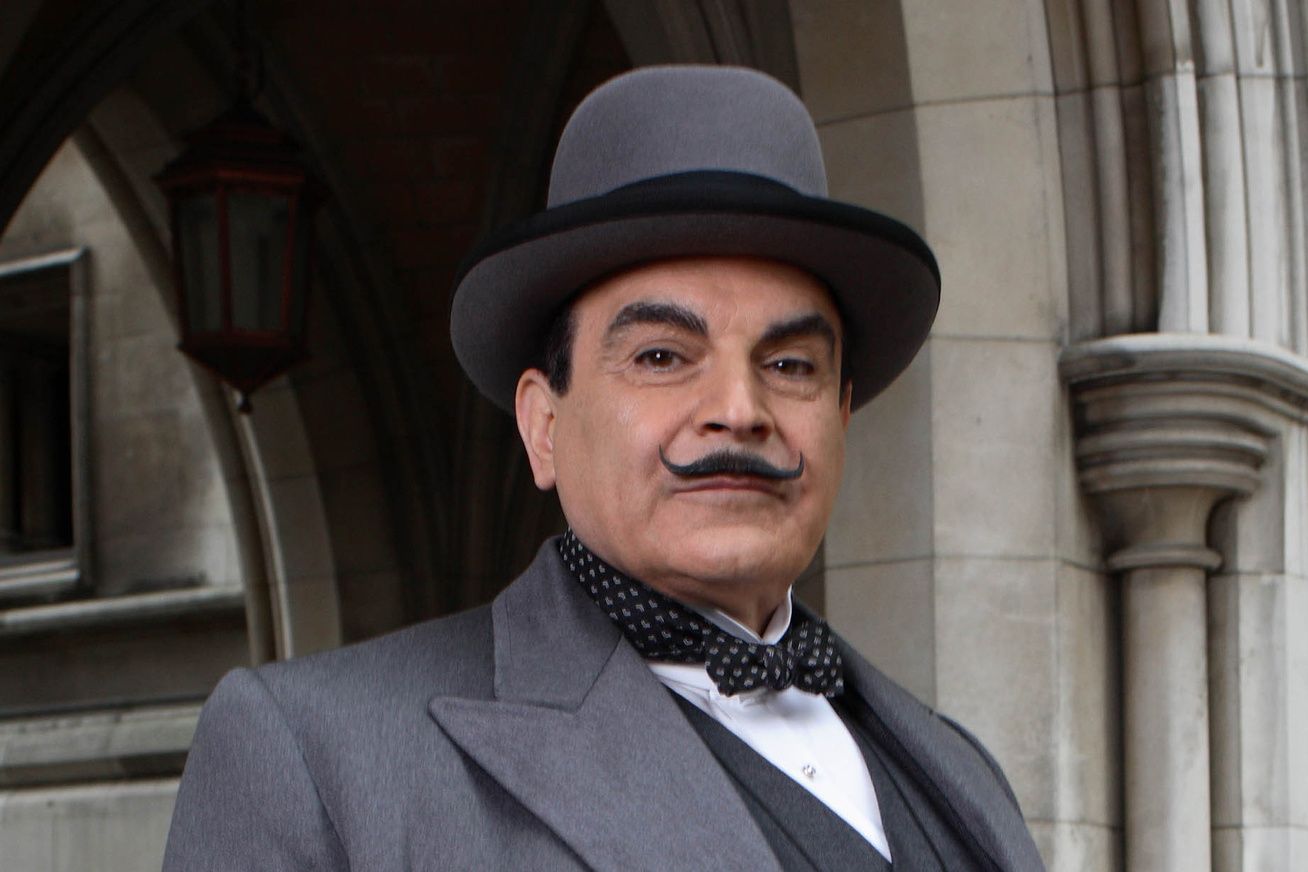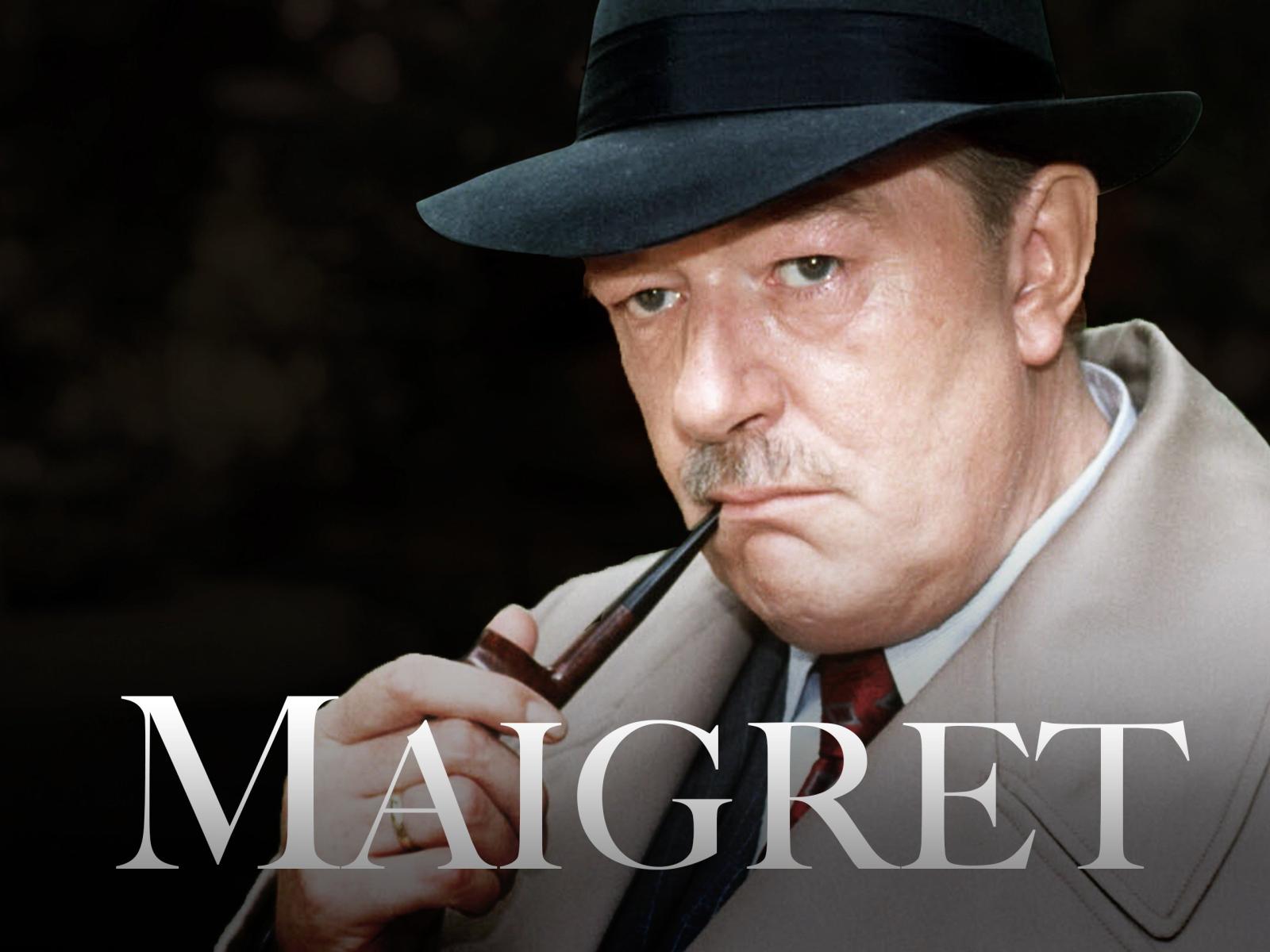by Michael Curtis

In leisure moments mystery stories are captivating. They ae a form of escapism, a distraction from normal personal life, provide a safe distance from real events. Readers and viewers of film and TV get pleasure and are eager to watch the solver of the whodunit, able to overcome the deception of red herrings, false suspects, locked rooms, misdirection, genre stereotypes, and false alibis. Since Edgar Allen Poe’s The Murders of the Rue Morgue and The Woman in White by Wilkie Collins, there have been many famous fictional detectives, some of whom have achieved legendary status. To name a few of the hundreds of police detectives, and private and amateur sleuths, we have Sherlock Holmes, master of logical reasoning, Philip Marlowe, quintessential hard boiled private eye, Jessica Fletcher, mild mannered novelist, Inspector Clouseau, bumbling, accident prone Frenchman, Perry Mason, defense attorney in seemingly indefensible cases, and Morse, in Oxford, lover of ale, classical music, and crossword puzzles.
Some of these detectives appear to be possessed of characteristics of their creator such as the tough talking Dashiell Hammett, creator of characters, Marlowe and Sam Spade. Two detectives who do not resemble their creator are Hercule Poirot and Jules Maigret, who are studies in contrast as were their creators, the different personalities Agatha Christie and Georges Simenon.
There are four internationally famous modern Belgians. One is Audrey Hepburn, born in Ixelles not Hollywood. A second is Django Reinhardt, great guitarist, born in Liberchies. The third is Georges Simenon, prolific novelist born in Lieges, son of an insurance clerk. The fourth is Hercule Poirot, born in a small hamlet in or near the town of Spa, the creation of Agatha Christie, who appears in 33 novels, 2 plays, and 65 of her short stories, from 1920 until 1975. Poirot had an extraordinary long life, almost double the normal span.
Hercule Poirot was a former member of the Belgian police force who left his country during World War I. He resides in a spacious apartment in fashionable London and becomes a private detective. He is a small man, about five feet five inches, with a perfectly egg-shaped head, green eyes, “shining like a cat’s,” and a stiff, military, upward curled waxed moustache with which he is always fiddling. He is elegant in an old-fashioned way, always appears well groomed and carefully dressed, wearing patent leather shoes of which he takes great care, and using pince-nez reading glasses. He is obsessed with neatness and order, always arranging things wherever he is, and brushing real or imaginary dust off himself.
Poirot emphasizes his identity as a Belgian, not a Frenchman, probably a reflection of the sympathy in Britain for “plucky Belgium” in World War I. Yet, he is at pains to punctuate his English with French expressions, almost everyone is “mon ami,” in effect deliberately speaking inaccurate broken English to put people off their guard. He has definite opinions, strong dislikes for boats, air travel, beer, and English cooking, but likes steam trains, and is fond of Mozart and Bach.
Above all, Poirot prides himself on his intellect, the “little grey cells” to solve a case. He has little, if any, use for fingerprints or footprints, but is concerned with the nature of the victim and the psychology of the murderer. He gets people to talk: “In the long run people are bound to give themselves away.” In speaking of his solution in the book, The Murder of Roger Ackroyd, Poirot remarks, “Everything is simple, if you arrange the facts methodically.”
Poirot is helped, much of the time, by Captain Arthur Hastings, a comedy sidekick, who served in World War I, an easy going individual who resembles Dr. Watson, associate of Sherlock, with his frequent fanciful hypotheses, as well as his military background, and penchant for gambling. Poirot also depended for material help on his secretary, Miss Lemon, an incredibly efficient person: anything she mentioned was worth consideration. He is always successful in solving the crime.
One can admire Poirot, but can one love him? He is charming but has an immense ego, is culpable of linguistic affectation, obsessive-compulsive as one actor Ken Branagh who played the role called him. He is self-described as the greatest detective in the world. He is punctual, exact to the minute. He is smug, referring to himself in the third person, explainable perhaps to “achieve a healthy distance from his own genius.” He uses his knowledge of human nature to find the guilty party in his quaint and fastidious manner. He is a loner, though he apparently once had a girl friend in his youth. He leads a comfortable middle class life, above all with his frequent teas, “tisanes.”

A more agreeable person, almost the exact opposite in personality of Poriot, is Maigret, the creation of Georges Simenon in 75 novels. Simenon was a prolific and speedy writer, as well as an indefatigable philanderer, publishing 193 novels under his own name and 200 others under different pseudonyms. For him, writing was not so much a pleasure or composed in the hope of an easy living, but was a vocation, a renunciation, if not a sickness and a curse. Simenon has a flat terse prose style, a simple vocabulary, no fine writing. He worked, as his character Maigret does, as an impressionist by little touches.
Like Inspector Morse, a cult figure in Oxford mysteries who is known by only his surname, Maigret never uses his first name Jules. He comes from the village of Saint-Fiacre in the Auvergne, joins the police force in Paris at age 22, patrolling the mean, back streets of the capital, collecting raw material. Maigret appears first, aged 45, in 1931 at the iron stove in the headquarters of the police headquarters, and lasts until the final novel in 1972 when he refuses promotion to head the police judiciaire. Unlike Poirot whose milieu is high society and luxury, Maigret’s world is one of cafes and bars, bistros, dives, seedy hotels, and imbibing beer and Calvados. He gets out of the office, soaks up the atmosphere, and discovers different worlds with each new investigation. He waits and observes.
Maigret is introduced as a big, bony man, slightly overweight, with iron muscles.
His behavior is laid back and laconic. He tends to be underestimated by his peers in the police force. His basic method is to understand the motivations of his opponents, to understand the individuals. Maigret is not the person for dramatic action or pursuit, but rather for observation of the psychology of his adversaries. There are rarely, if any, great dramatic startling revelations or ingenious plot twists.
The main point of Maigret is that he is ordinary, almost obsessively so. In this he is unlike many other fictional detectives, flamboyant, with strong ego, attracting attention, ambitious. In contrast, Maigret is dull, but delightfully so, self-effacing, the quiet observer of motives and passions that drive individuals to commit murder. He returns home every night to have dinner with his wife. He appears to be content with good plain food, but occasionally is a gourmet with elaborate dishes, such as the pintadeau en croute. He invariably, resembling Sherlock Holmes, smokes a pipe. During his investigations, he blends into his surroundings absorbing impressions and the lives and preferences of characters.
Maigret has no outstanding intellectual gifts or physical ability, no eccentricities, nor mannerisms a la Poirot, no unusual characteristics, except being dull and domesticated. He does not propound theories or examine ballistic or forensic reports , or scrutinize timetables or fingerprints, but looks into the lives of people. In essence he solves the mysteries of people not mysteries. He begins every investigsation in a different place or profession about which he has to learn.
Maigret has a devoted staff of three assistants who manage his needs, and who search for clues while he quietly studies the situation with patience and by a process of intuition.
He lives in a modest third floor apartment with his wife, but has no children.
Simenon says of him he did not take himself for a superman or consider himself infallible. He mistrusted evidence, patiently strove to understand, aware that the most apparent motives are not always the deepest ones. His main gift is insight into human nature, how people, killer and victim, behave, and inquiring into the psychology of his adversaries, their motives and passions.
What is important is atmosphere, people, faces. His concern is human emotion, individuals compelled by passion to commit crimes, and Maigret sometimes finds it difficult to assign guilt. Unlike Poirot, he does not boast and does not always achieve or want real victories. Maigret’s gift is understanding human character and possesses sympathy, understanding, even affection, for others. In this he is more likeable than Poirot. He strives for meaning and truth but often ends in sadness.
Maigret is a more likeable character than Poirot, but both are enjoyable as civilized figures devoid of the violence and mayhem in contemporary crime thrillers.
- Like
- Digg
- Del
- Tumblr
- VKontakte
- Buffer
- Love This
- Odnoklassniki
- Meneame
- Blogger
- Amazon
- Yahoo Mail
- Gmail
- AOL
- Newsvine
- HackerNews
- Evernote
- MySpace
- Mail.ru
- Viadeo
- Line
- Comments
- Yummly
- SMS
- Viber
- Telegram
- Subscribe
- Skype
- Facebook Messenger
- Kakao
- LiveJournal
- Yammer
- Edgar
- Fintel
- Mix
- Instapaper
- Copy Link









3 Responses
Nice. Very nice to meet your fictional but real friends. Two fine cases of affection in detection.
This is a fun article. Congratulations to the author. Poirot is brilliant, but annoying. Even Christie found him aggravating. Maybe it was he who drove her to disappear that time? David Suchet is fantastic as Poirot. “Murder on the Orient Express” does provide some insight into Poirot and Suchet shows how tortured Poirot was as he reached his inevitable but painful actions. Having watched all the Suchet episodes rewatching them is not possible because of the annoyance factor. Nice to read a good article about fictional detectives since all the news of the real world is bad all the time.
Isn’t it wonderful that we can have two such different fictional characters and equally enjoy them both.